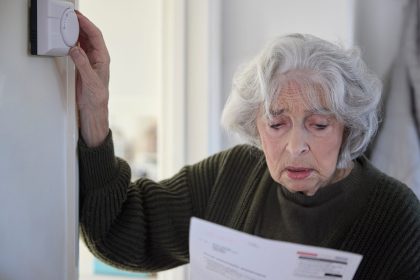A surprise travel charge tucked into the latest immigration law is about to make entering the United States more expensive, and its ripple effects could be felt far beyond the travelers paying it. The “visa integrity fee,” recently signed into law as part of President Trump’s One Big Beautiful Bill Act, adds a mandatory new cost for anyone who needs a visa to visit the U.S., CNBC reports.
Read the full article here
















